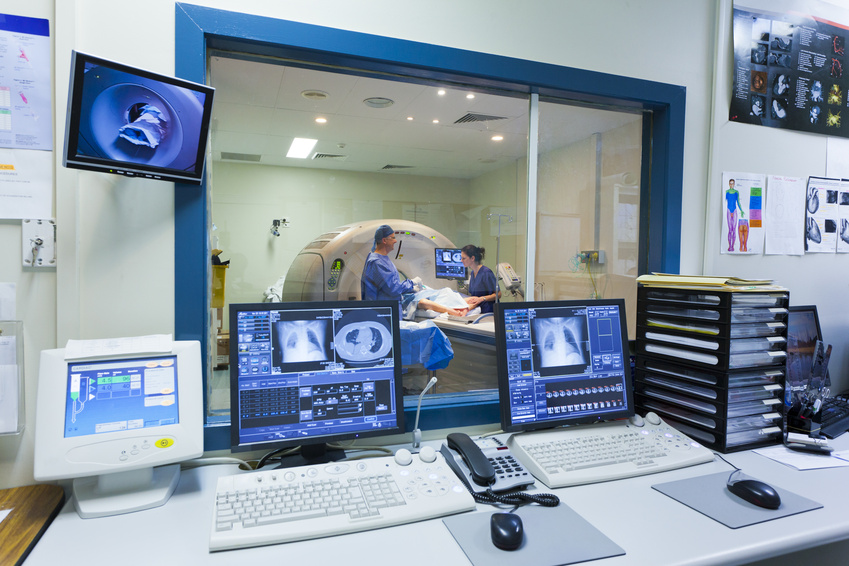WCOE: Making Hard Choices and the Impact of Price Transparency
| What Caught Our Eye (WCOE) Each week, we take a closer look at the cancer policy articles, studies, and stories that caught our attention. |
“I doubt that most people would want to return to the paternalism of the past when physicians monopolized medical decision making. Yet many of us need the guidance of our doctors whose training and experience make them better able to calculate the brutal risks,” Gubar writes.
Ideally, the process of decision-making should be shared, honoring the patient’s values and the physician’s expertise. Some physicians are reluctant to answer the question, “What would you do if you were in my shoes?” Yet we would argue that if physicians have the time to spend with their patients in a process of care planning, in which the patient’s values, needs, and preferences are discussed, then the physician will be better equipped to answer that question and provide much-needed guidance.
While Gubar’s physician ultimately says, “It’s up to you,” the decision-making is shared. “While appreciating my values and priorities, Dr. Matei uses her medical expertise not ‘to throw everything at it,’ but to counsel me,” Gubar writes.

A study on the cost of MRIs caught our eye.
In another New York Times piece, “Why We Should Know the Price of Medical Tests,” Elisabeth Rosenthal reports on a study published in the journal Health Affairs on the impact of price transparency.
In the study, WellPoint provided consumers who had scheduled a magnetic resonance imaging (MRI) test with information about alternate, lower cost (but comparable quality) providers in their area. Consumers were offered assistance rescheduling the test but were not required to change their appointment. The results:
- 15 percent of consumers changed their test to a lower cost center;
- Over two years, the program saved $220 per test, or 18.7%; and
- Hospitals in the geographic area lowered their prices, and by the end of the study, the price variation between hospitals and non-hospitals declined by 30%.
“The study also suggests that patients are more vigilant custodians of cost than their doctors. Several years ago, WellPoint gave physicians similar price information on scanning providers in their practice area but did not see a change in referral patterns,” Rosenthal wrote.
Whether the results observed in this study would apply to cancer care is debatable. The urgency and anxiety that accompany a cancer diagnosis and treatment may make price less of a factor for many individuals facing cancer. Insured individuals are likely to reach their out-of-pocket maximums each year – often early in the year – and so they may not be as sensitive to price differences. Yet we know that the cost of cancer treatment can result in serious financial consequences and bankruptcy for many individuals and families, so perhaps patients would be sensitive to differences in price for equivalent treatments.




